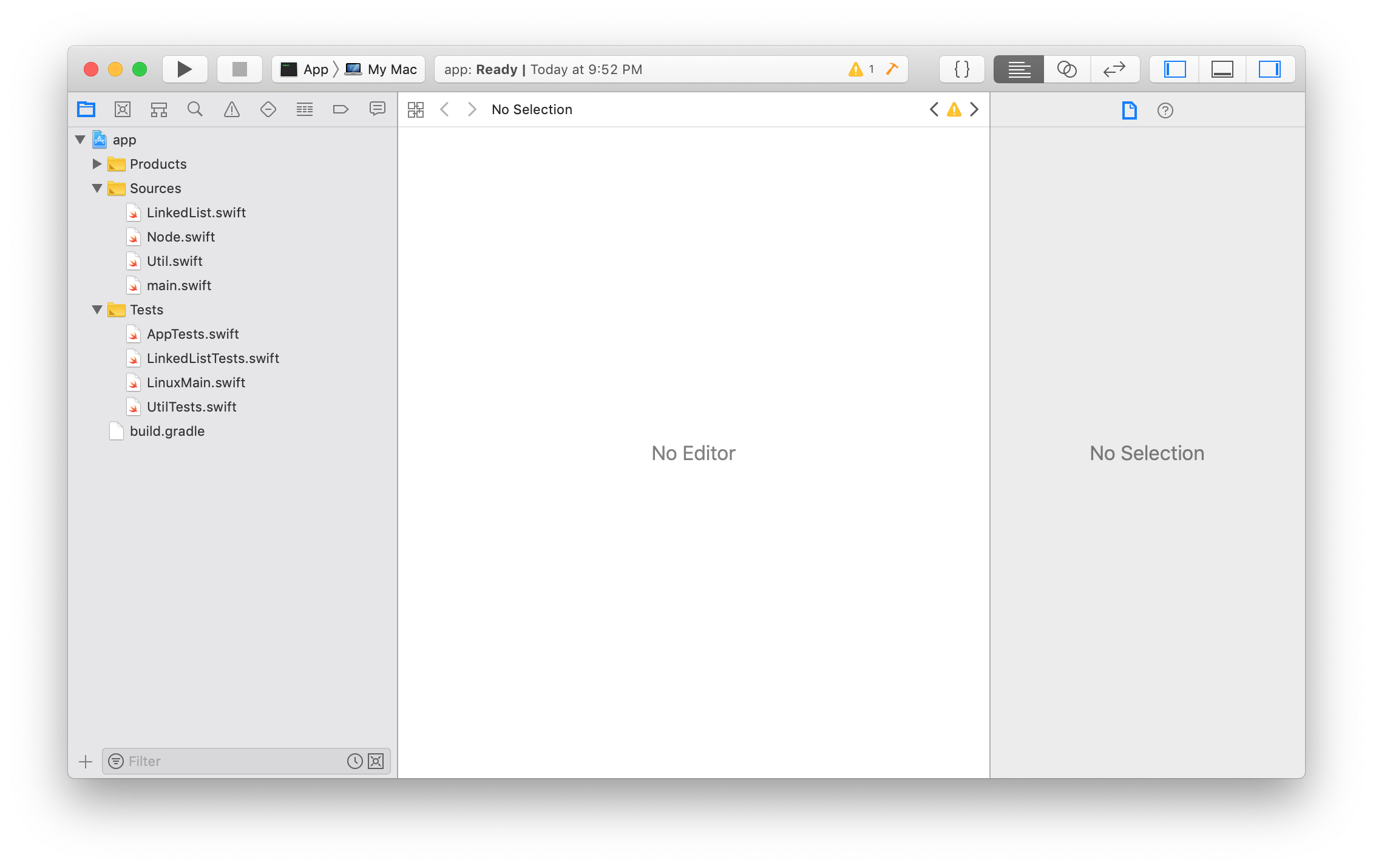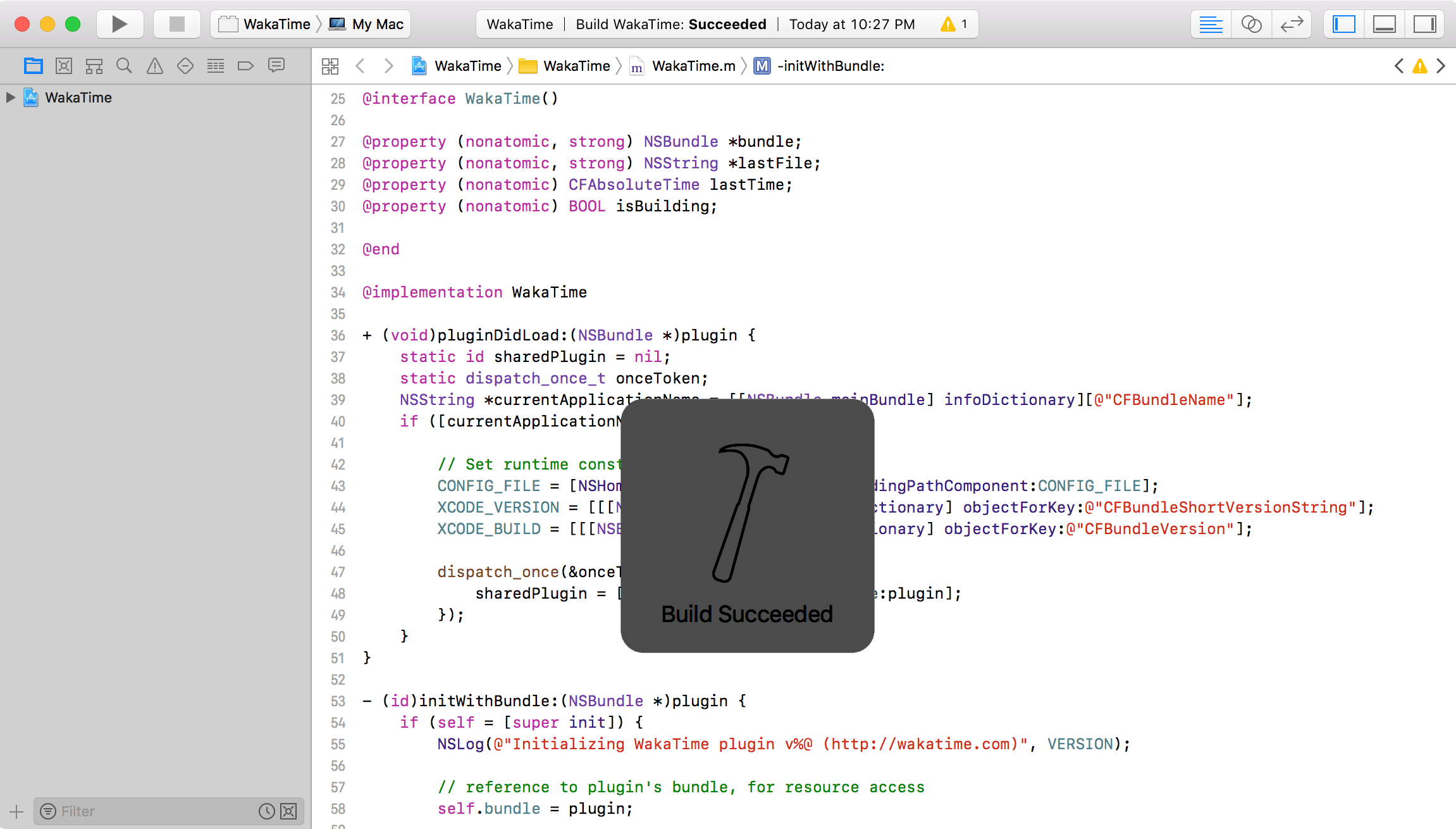

- #XCODE IDE AND COMPILER SKIN#
- #XCODE IDE AND COMPILER ANDROID#
- #XCODE IDE AND COMPILER CODE#
- #XCODE IDE AND COMPILER MAC#
But those problems are pretty rare for the most part, Android Studio is far, far more responsive, stable, and usable than XCode. And a few times, I've had to wipe out the entire Gradle directory and let it rebuild from scratch. Sometimes the cache gets messed up and you have errors all over the editor until you invalidate caches and restart. It's not like Android Studio is without problems.

Again, the only way to fix this is to restart. The weirdest one I've seen is some kind of miscalculation in scrolling I'll be halfway down in a file, but when I try to scroll up, it thinks I'm at the top. Sometimes toolbars in the interface builder will just disappear, and not come back unless you restart.
#XCODE IDE AND COMPILER CODE#
And sometimes the opposite happens: an error will pop up, you edit the code to fix it, and the error stays until you rebuild.Īnd I've seen other weird problems. Autocomplete is slow to respond, if it does at all errors and warnings take forever to appear - sometimes they don't show at all until you try to build. They both struggle at times, and that's to be expected on my machine, but even at its best, XCode is buggy and unreliable. I can say with confidence that Android Studio is miles ahead of XCode. For reference, my machine is a late 2012 MacBook Pro, so definitely a bit dated, but I have upgraded it with 16gb of RAM and an SSD. Sometimes I have them both open simultaneously. I'm an Android and iOS developer, so I use both Android Studio and XCode regularly. Take note that this list is live and based on most frequent questions in posts will be updated with "quicklinks". There's too many to list them all, however here's a convenient link to all programming guides at There is also dedicated subreddit for learning Objective-C: /r/learnobjectivec.Objective-C primer if you are new to the language and CocoaTouch frameworks.The Swift Programming Language also available as an iBook - new Apple's programming language for writing iOS and OS X applications.Swift or Objective-C? if you don't know which language to choose.If you are looking to get started (iOS programming in general or some specific area), here are more relevant links for you: Please browse it first before asking questions that are answered there. O’Reilly members experience books, live events, courses curated by job role, and more from O’Reilly and nearly 200 top publishers.There is an extensive FAQ for beginners. Get iOS 6 Programming Pushing the Limits: Advanced Application Development for Apple iPhone, iPad and iPod Touch now with the O’Reilly learning platform. With Xcode 4.5 (released with iOS 6), Apple made LLVM 4 the default compiler. Using Clang as the front end over GCC has several advantages, and several new features of Xcode 4 were added because of this change. Beginning with Xcode 4.0 and in the version that is released with iOS 5 (Xcode 4.2), LLVM 3.0 was the default compiler it uses Clang as its front end. Apple made LLVM-GCC the default compiler in the original version of Xcode. The LLVM compiler is the new brain behind Xcode.
#XCODE IDE AND COMPILER SKIN#
Xcode 4 features are not just skin deep-they come with some huge compiler-level changes as well. You learn in detail about every major feature in this chapter. The major features include, but are not limited to, single window editing, navigators, integrated Interface Builder, an integrated Git version control system, and schemes (a new way to configure and share build settings in your product). Xcode 4 is a completely rewritten IDE (integrated development environment) replacing Xcode 3.
#XCODE IDE AND COMPILER MAC#
Others were able to buy it from the Mac App Store. Weeks later, in March, Xcode 4 was officially released, and developers who subscribe to the iOS or Mac developer programs were able to get it for free. It was in beta for quite a while (around nine months), and a Gold Master was made available through the iOS/Mac developer center in February 2011. Chapter 2: Getting Comfortable with Xcode 4 and the LLVM CompilerĪpple officially announced Xcode 4 at WWDC 2010 (June 2010), and the beta version was available to attendees.


 0 kommentar(er)
0 kommentar(er)
